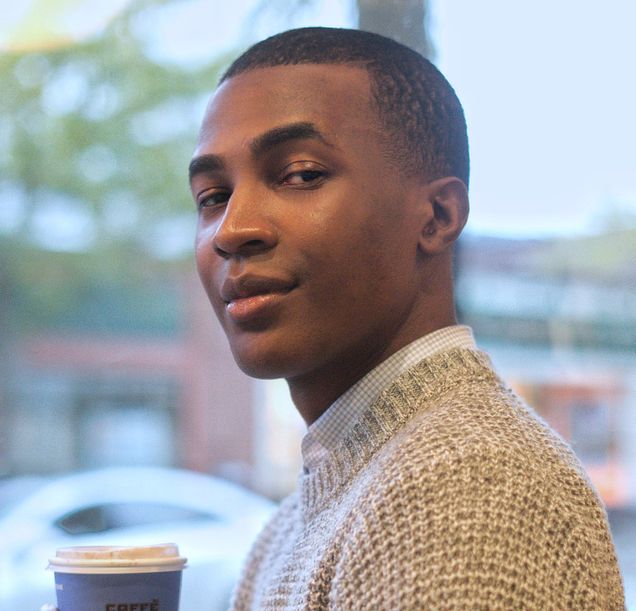Summer Fellow Interview: Kevin Flakes

By Doruntina Zeneli
Kevin is currently pursuing a master’s in Urban Affairs with special interest in urban inequalities and capacity building. Before entering the program, he consulted for Banking clients focusing on projects to mitigate risk, eliminate inefficiencies and improve customer experience. Kevin graduated from University of Massachusetts, Dartmouth with a BS in Accounting. He will be a fellow at the City of Providence, Department of Innovation this summer.
Why did you choose to apply for this fellowship and how did you hear about it?
I knew of the Initiative on Cities (IOC) by reading some of its reports on Twitter and occasionally getting emails. Upon joining the Urban Affairs program at BU, I was in search for unique opportunities to combine my experience in the finance industry as a business analyst with my interests in urban inequality and opportunity. The IOC Summer fellowship came across my feed and it had everything I imagined in the perfect opportunity—an opportunity to research solutions to inefficient government systems and lead the effort to make systems equitable and efficient. I jumped at the opportunity to apply.
What do you hope to accomplish or gain from the fellowship this summer?
I am excited to explore the issues facing the City of Providence and develop innovative solutions that set the framework for a more efficient government. After speaking with the Innovation team, I am confident I will be working with diverse stakeholders and I hope to be able to create inclusive systems. After reading some of the past fellows’ experiences, I continue their strides in moving the city in an equitable and fairer place, consequently creating a positive experience for all Providence stakeholders.
How did you first become interested in public entrepreneurship and city innovation?
Working as a business analyst, I became solution driven—always trying to find solutions for the larger complex problems affecting a client’s performance. I read the book “Automating Inequality: How High-Tech Tools Profile, Police, and Punish the Poor” which detailed ways in which data and tech are being used to perpetuate inequality. The book challenged me to think about ways in which I can hold systems of innovation accountable to evolve to be more inclusive and efficient. I thought it would be rewarding to work hands-on at the city-level to ensure new systems are creating an equitable experience for all stakeholders.
What would you tell other students if they were considering applying for this fellowship?
For future applicants, I think it’s important to have an imagination. It’s impossible to develop new innovative solutions without envisioning the potential impact a solution can have. When applying, after reviewing some of the past and current challenges, asking yourself “what does an efficient and equitable solution look like?” helps to, at the very least, start a conversation towards developing efficient solutions. And talk with your professors, they have a wealth of knowledge they are more than willing to share.